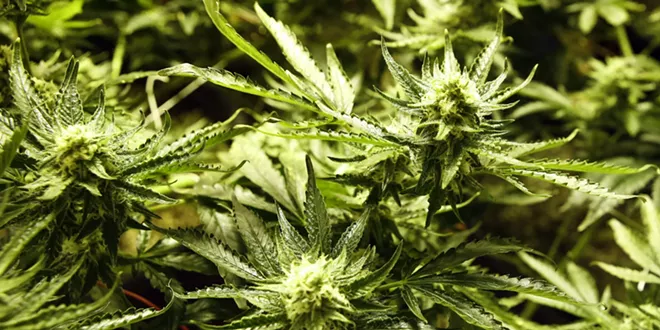Washington state senators approved a bill on March 11 with a 29-19 vote that could vacate tens of thousands misdemeanor marijuana convictions.
The bill, which is sponsored by Sen. Joe Nguyen (D-White Center), would require that sentencing courts approve requests for conviction vacations by people who were at least 21 at the time of the offense.
"This is something that has been legalized by the vote of the people and would not be criminalized right now," Sen. Nguyen said prior to the bill's passage. "As we know convictions create an extreme hardship for folks, whether it's housing or educational opportunities."
In 2012, voters approved Initiative 502, which legalized recreational marijuana statewide for those over the age of 21.
Both the Washington State Patrol and the Administrative Office of the Courts estimate that over 40,000 people across the state could be eligible for conviction vacation under the bill, the Tacoma News Tribune reports.
Earlier this year, Gov. Jay Inslee announced that he would pardon people with misdemeanor marijuana possession charges. However, his initiative limited the number of people that would be eligible — his office estimated the number is around 3,500 — by adding requirements like the misdemeanor be the only conviction on their record.
In contrast, the Senate bill would approve vacations of marijuana-related misdemeanors regardless of the person's record.
But the far-reaching nature of the legislation raised eyebrows among some senators, including local Republican Sen. Mike Padden, who argued that the bill went too far.
"Is that what we really want?" he said on March 11. "Certainly the people spoke and voted but when they voted that was prospectively, not retroactively."
Padden and Republican Sen. Jeff Holy pushed several amendments that would've prevented further conviction vacations for those who have already gotten two misdemeanor marijuana convictions wiped from their record and required that people apply for convictions within one year of the bill's enactment. Both amendments were voted down. The bill now moves over to the House before it can head to Inslee's desk for his signature.

